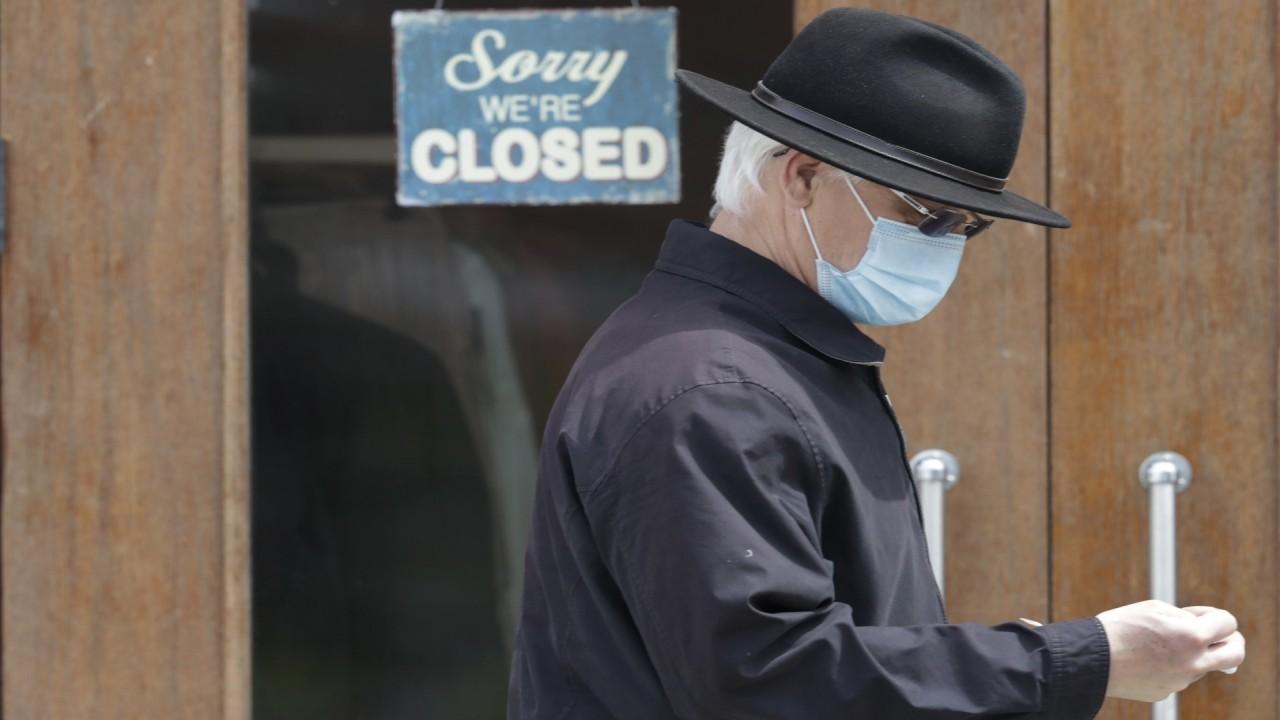Demand for coronavirus small business loans fades, here's why
Lenders had approved nearly 2.5 million loans worth more than $185 billion, leaving at least $125 billion remaining
Get all the latest news on coronavirus and more delivered daily to your inbox. Sign up here.
When the federal government first launched its small business aid program at the beginning of April, the $349 billion allocated to the fund dried up within 13 days.
Lawmakers and small business owners warned the same would likely hold true during the second round of funding, which relaunched on April 27, after Congress injected another $310 billion in the forgivable loan program.
But in the second go-around, two weeks after applications for the coronavirus relief money opened up again, there remains plenty of cash left over in the fund.
As of Thursday evening, more than 40 percent of the funds remained available in the Paycheck Protection Progam, an integral part of the $2.2 trillion CARES Act. Lenders had approved nearly 2.5 million loans worth more than $185 billion, leaving at least $125 billion remaining, according to data provided by the Small Business Administration.
Part of the cooling demand could stem from a public outcry over big, multimillion-dollar companies tapping the aid that was designed to help small businesses stay afloat during the coronavirus pandemic.
In total, 372 public companies received PPP loans worth a combined $1.23 billion, according to Washington D.C.-based data analytics firm FactSquared. So far, 46 companies have returned the money, or roughly $346.7 million.
PPP RECIPIENTS COULD FACE LOAN CHALLENGES - HERE'S WHY
Following the outrage, the Treasury Department tightened the rules over which companies were eligible to access the loans. Treasury Secretary Steven Mnuchin also said the department would perform an automatic audit on any company that received a loan worth more than $2 million before forgiving it to ensure the company truly qualified for government-backed aid.
"Before we forgive these loans, we’ll check every single one over $2 million," Mnuchin told FOX Business. "So anybody that took the money that shouldn’t have taken the money, one it won't be forgiven, and two, they may be subject to criminal liability, which is a big deal."
But another reason could be the growing concern among small business owners that the PPP loans simply don't meet their needs. In order for the money to eventually be forgiven by the federal government, owners must spend at least 75 percent on maintaining payroll.
ELITE SCHOOLS THAT TAPPED SMALL BUSINESS FUND SHOULD RETURN AID, MNUCHIN SAYS
The remaining 25 percent can be spent on operating costs like rent and utilities, but may not go toward mortgage principal or pre-payments. Money spent on non-qualifying expenses must be repaid at an annual rate of 1 percent within two years. No payments are required during the first six months.
“Forgiveness is based on the employer maintaining or quickly rehiring employees and maintaining salary levels,” the Small Business Administration said on its website. “Forgiveness will be reduced if full-time headcount declines, or if salaries and wages decrease.”
In some cases, the extra $600 per week in unemployment benefits established by the CARES Act has snarled those efforts, with employees reluctant to forfeit a bigger paycheck and return to work when the risk of contracting the virus remains high.
Small business owners have also cited confusion and uncertainty around the forgiveness process -- and are worried about potentially being on the hook for the money.
PPP STILL GRANTING BIG LOANS DESPITE EARLIER CRITICISM
For instance, a business that receives a $100,000 loan must use at least $75,000 on payroll costs if they want the federal government to forgive it. Payroll expenses are capped at $100,000 per employee. The loan amount is based on payroll size before coronavirus-mandated shutdowns caused a surge in layoffs, which could make it more challenging for business owners to spend three-fourths of the aid on workers.
As a result, some banking groups are pushing the SBA and Treasury Department to issue a standard forgiveness form for borrowers and to create a calculator so that every bank produces the same outcome when using the same data, according to Reuters.
“From a banking perspective, we are really acting as a middleman here. We don’t want to carry these loans on our books,” David Pommerehn, general counsel of the Consumer Bankers Association, told Reuters. “We see this as potentially a bigger mess than the funding process."




















